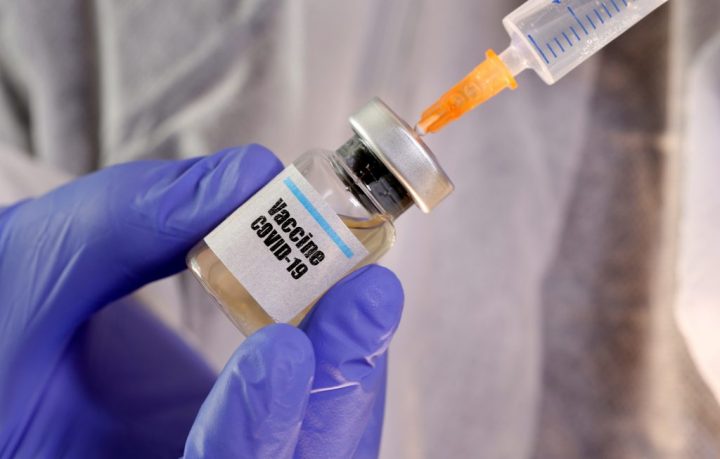Saskatchewan is expecting to receive close to 180,000 doses of the coronavirus vaccine early next year.

But according to an Angus Reid Institute poll, people are more hesitant than not, when it comes to getting the shot.
In Saskatchewan, just 31 per cent of respondents said they’d get a vaccination “as soon as one became available.”
Nationally, 40 per cent of respondents said they would get a vaccine immediately.
Thirty-six per cent of Saskatchewan respondents said they’d eventually get vaccinated, but would wait first.
Twenty-five per cent said they would not get a coronavirus vaccine, which is tied with Alberta for the highest proportion in the country.
Eight per cent responded “not sure.”
“Canadians are no more willing to avail themselves of a COVID-19 vaccine than they were two months ago,” according to the poll.
“Indeed, they are less willing to get one as soon as possible than in July, when the development and success of a vaccine was far from certain.”

Dr. Nazeem Muhajarine, an epidemiologist and University of Saskatchewan professor, says there are two reasons for the growing hesitancy.
The first reason is the politicization of COVID-19 treatments that stem from rhetoric in the United States and Russia, he said.
The second is what Muhajarine calls the “info-demic.”
“The misinformation and the disinformation circulating about the virus, the pandemic and the treatment are connected to people being less willing to right away get a vaccine,” he said.
“That’s really casting doubt on the virus itself and the pandemic itself—just having all kinds of theories of the origins of the virus.”
The University of Saskatchewan helped conduct a similar survey in September, according to the doctor.
A group of 1,300 Saskatchewan residents was asked about their vaccine willingness. Fifty-six per cent of respondents said they would get a vaccine, although it did not distinguish between those who would get it immediately and those who would wait.
The survey, which categorized age and gender, found that those between the ages of 65 and 74 were most likely to get vaccinated with 75 per cent of the group responding in favour.

Still, more people need to be willing to get vaccinated, if Saskatchewan wants to reach herd immunity, according to Muhajarine.
“We want to have about 80 per cent of our population getting the vaccine in order for the vaccine to be effective,” he said.
“Herd immunity is a collective protection that applies to people who might not get a vaccine. The 20 per cent might be protected because 80 per cent of the people have got the vaccine.”
The findings also show links between vaccine willingness and mask use.
- Bird flu risk to humans an ‘enormous concern,’ WHO says. Here’s what to know
- ‘She gets to be 10’: Ontario child’s heart donated to girl the same age
- Shoppers faces proposed class action over claims company is ‘abusive’ to pharmacists
- Most Canadian youth visit dentists, but lack of insurance a barrier
“We saw a correlation between those who said they would not wear a mask, they don’t consistently wear a mask, and those who said they would not get a vaccine,” Muhajarine said.
The key to improving willingness is education, he said.
Muhajarine says a government-initiated public awareness campaign backed by the Saskatchewan Health Authority would help combat vaccine and COVID-19 misinformation, in turn encouraging residents to get a vaccine.
He says the public’s willingness will also change as more data and research becomes available.
“They’ll see the data, which is beginning to come out, and that will give greater confidence for people who might be sort of sitting on the fence.”






Comments